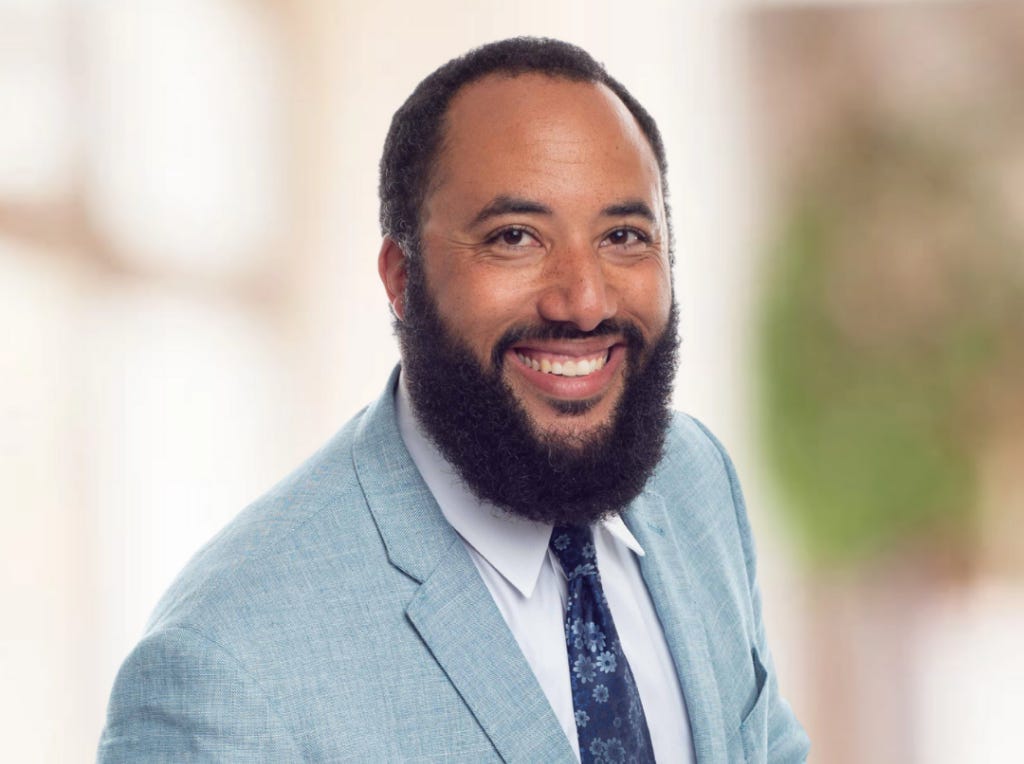Micro-Actions for Increased Trust
An idea to consider for credibility, stronger reputation and the benefits from it
We may not be earning the credibility, trust and positive reputation that we believe that we have earned and are deserving of owning. One expert says that there may be a remedy for communication errors service providers make in care-based fields.
Jill Rollet, a medical journalist and editor, wrote about it after listening to Justin Ponder, the chief learning officer at the leadership development training company, Uplifting Impact.
Mistrust negatively affects the quality of service, whether professionals believe so or not. This goes for fields such as healthcare, legal services, the courts and therapy.
There is a better way Ponder has said and that is professionals can “do small things in our communication — micro-behaviors, micro-communication things,” to earn and keep more trust. That can prevent deficiencies of it, make repairs to it and lead to far better interactions for everyone.
There will always be resistance to adopting new thinking and actions, no matter how simple, wise, important and valuable.
Ponder is asserting however that such professional maturity, skills, effort and commitment can prevent or mitigate problems and create the benefits of connection, trust, credibility and success.
“What can we do to continually earn that trust and to re-earn it time and time again,” Ponder rhetorically asked, before answering. “Slowing down and taking time to figure out different communication styles ... taking time to read the situation, to adapt, to modify and really connect with people.”
The suggestion or recommendation to slow down and create a little more time to determine how to best communicate, not just for our own benefit but those we serve, the “situation” and the mission, is extremely wise. To adapt and modify is a higher level of communication and professionalism and a greater show of responsibility.
Higher-connectivity communication increases the probability of earning reputation and relationship dividends in the moment and long term, in the matters of trust, credibility and effectiveness.
Ponder told brief stories regarding health and his family (grandmother and father). Keep in mind that what he details and infers below can work well, not only in healthcare, but other service and care fields.
“When she began to go through the years of treatments ... she trusted the doctors (professionals), she trusted the process,” Ponder told the audience. “But somewhere along the line, that respect was not reciprocated.
“All I know is that she was on dialysis for many years and that she was going for a regular checkup with her kidney doctor, and he said something. ... Whatever it was, it was something condescending, dismissive enough that at that moment, she decided she was no longer going to do dialysis.”
In short, trust was generously extended up front and maintained, because it was being earned, which created buy-in for the benefit of the professional.
Then, suddenly, one day, a communication bomb went off and the credibility, trust and relationship strength ended, resulting in a person in need no longer feeling “safe” or wanting a professional service relationship.
The issue highly likely wasn’t her. I seriously doubt, however, and would be willing to place a large bet on it, that the professional recognized that was their error and was willing to “do the right thing” and heal the hurt.

The care and service experiences were different for Ponder’s father.
“They spent more time with him, they tolerated his jokes, they acknowledged how important his faith was to him, and he continued on with the process…” Ponder said.
“His life was saved because a doctor spent more time with him, established more trust and listened to him just that a little bit more.”
In short, the professionals here respected the humanness of this man from start to finish, in a sincere manner, kept trust and psychological safety and therefore, maintained influence and persuasiveness with him, meaning he followed their recommendations, showing them respect too.
Taking time to do it, Ponder said, “costs us nothing and has an enormous impact.”
Some situations require more time, attention, patience, emotional intelligence and care. People need it. It’s not too much to ask.
Micro-behaviors and micro-communication, as in more focus and respectful listening, curiosity, kindness, clarifying what is said and sincere caring in words and actions, are going to positively connect.
This not only benefits the person in need being assisted, of feeling and knowing that they are “safe” with the professional, it benefits that provider too.
This becomes a success of relationship, trust, credibility and reputation.
Michael Toebe is the specialist at Reputation Intelligence, helping individuals and organizations with matters of credibility, trust, decision analysis, communications, relationships and reputation.
You can DM him on Substack or contact him below for consulting, risk analysis, coaching, ongoing advisory, a variety of proactive and responsive communications and reputation (not legal) representation.
Be sure to take a look at the Reputation Intelligence guides and services for sale. If subscribing is of interest to you or someone you know, please click the “subscribe now” button to get started.








